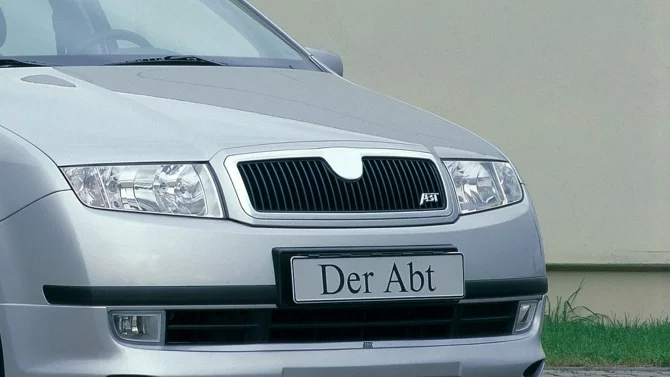...
By David Lawsky and Adrian Croft
BRUSSELS, June 22 (Reuters) - Free-marketeers launched a last-minute fight at a European Union summit on Friday to restore the principle of "free and undistorted" competition to the objectives of the EU in a proposed reform treaty.
The counter-offensive by Britain, the European Commission, the EU's top business lobby and senior lawyers came after France persuaded EU president Germany to remove the founding principle of competition policy from the political guidelines for a new treaty replacing the defunct EU constitution.
British Prime Minister Tony Blair raised the issue with French President Nicolas Sarkozy at a private meeting, insisting the treaty be clear about the EU's commitment to antitrust principles.
"We have to have a situation where there is clarity over the EU's attitude to competition," Blair's spokesman told reporters. He later said Britain had received satisfactory clarification that there would be no legal change in EU competition powers.
The EU executive, which has sweeping authority to regulate cartels, mergers and abuses of market dominance in Europe, said Commission President Jose Manuel Barroso would fight any attempt to roll back the bloc's powers on the issue.
"You've heard the president saying before very clearly that ... there can be no roll-back on the achievements of the core policies of the European Union," a Commission spokeswoman said.
Respected former EU competition commissioner Mario Monti said removing unfettered competition as a core objective could be the beginning of the end of European economic integration.
"This would in a sense begin to disintegrate the union," Monti told Reuters, adding that large states could exploit the new wording to carry out industrial policy "to the detriment of the small member states".
PROTECTION OR PROTECTIONISM?
But EU officials said the Commission's lawyers were privately less concerned, arguing there was still a strong legal basis in existing treaties for Brussels' competition powers.
"There are 13 other references to competition in the treaty so legally the situation on competition will not change in any way," Blair's spokesman said.
French presidential spokesman David Martinon said Sarkozy had not only obtained the omission of the competition clause "for the moment" but also the addition of a phrase pledging that the EU would "protect its citizens".
Some free-marketeers see this as code for economic protectionism, although French officials dispute that, saying it is aimed at reassuring French people who voted against the EU constitution in 2005.
Hungarian Prime Minister Ferenc Gyurcsany said it would be a political setback if the current wording survived, even if it did not change the legal position.
Monti said if there must be a change perhaps the word "free" could be dropped, leaving the term "undistorted competition".
Europe's main business lobby called the move worrying.
"We are concerned," said Jerome Chauvin, director of legal affairs at BusinessEurope, arguing that unfettered competition was an important aspect of the EU's internal market.
"You can never know how it will be interpreted by the European Court of Justice," he said.
Some independent experts were less concerned.
"It's a form of face-saving for Sarkozy to say to his electorate, 'Look what I did in Brussels.' The treaty still speaks of a single market," said Karel Lannoo, chief executive of the Centre for European Policy Studies think tank. He said he did not believe it would affect court decisions.
But two Brussels competition lawyers said the EU's top court must take into account a change in the EU's fundamental document.
"It would modify in potentially far-reaching ways the long-established legal principles" in every area of competition policy, said John Temple Lang of Cleary Gottlieb.
"It would open the way to protectionist measures by both member states and the EU as a whole," he said.
Alec Burnside of Linklaters said that when the court weighed sometimes conflicting objectives of the EU "the point will be argued that something must have been intended by the change, and the relative priorities will be shifted". (additional reporting by Huw Jones)
Keywords: EU TREATY/COMPETITION




 „Elektrická mobilita je budoucnost, o tom není pochyb. Každý, kdo tvrdí opak, poškozuje náš průmysl.“ A proto přijdou plošné evropské dotace
„Elektrická mobilita je budoucnost, o tom není pochyb. Každý, kdo tvrdí opak, poškozuje náš průmysl.“ A proto přijdou plošné evropské dotace
 Našli jsme deset absolutně neznámých automobilů současnosti. Dokážete uhodnout alespoň polovinu?
Našli jsme deset absolutně neznámých automobilů současnosti. Dokážete uhodnout alespoň polovinu?
 Dvě i čtyři doby, tři a čtyři válce: Saab 96 se stal vozem pro individualisty, a to i v Československu
Dvě i čtyři doby, tři a čtyři válce: Saab 96 se stal vozem pro individualisty, a to i v Československu
 Elektromobil jako ojetinu nikdo nechce. Velký český autobazar skončil s jejich nákupem i prodejem
Elektromobil jako ojetinu nikdo nechce. Velký český autobazar skončil s jejich nákupem i prodejem
 Youtubeři zkoušeli, jestli nastartují Tatru 138 odstavenou osmnáct let. Výsledek nikoho nepřekvapí
Youtubeři zkoušeli, jestli nastartují Tatru 138 odstavenou osmnáct let. Výsledek nikoho nepřekvapí
